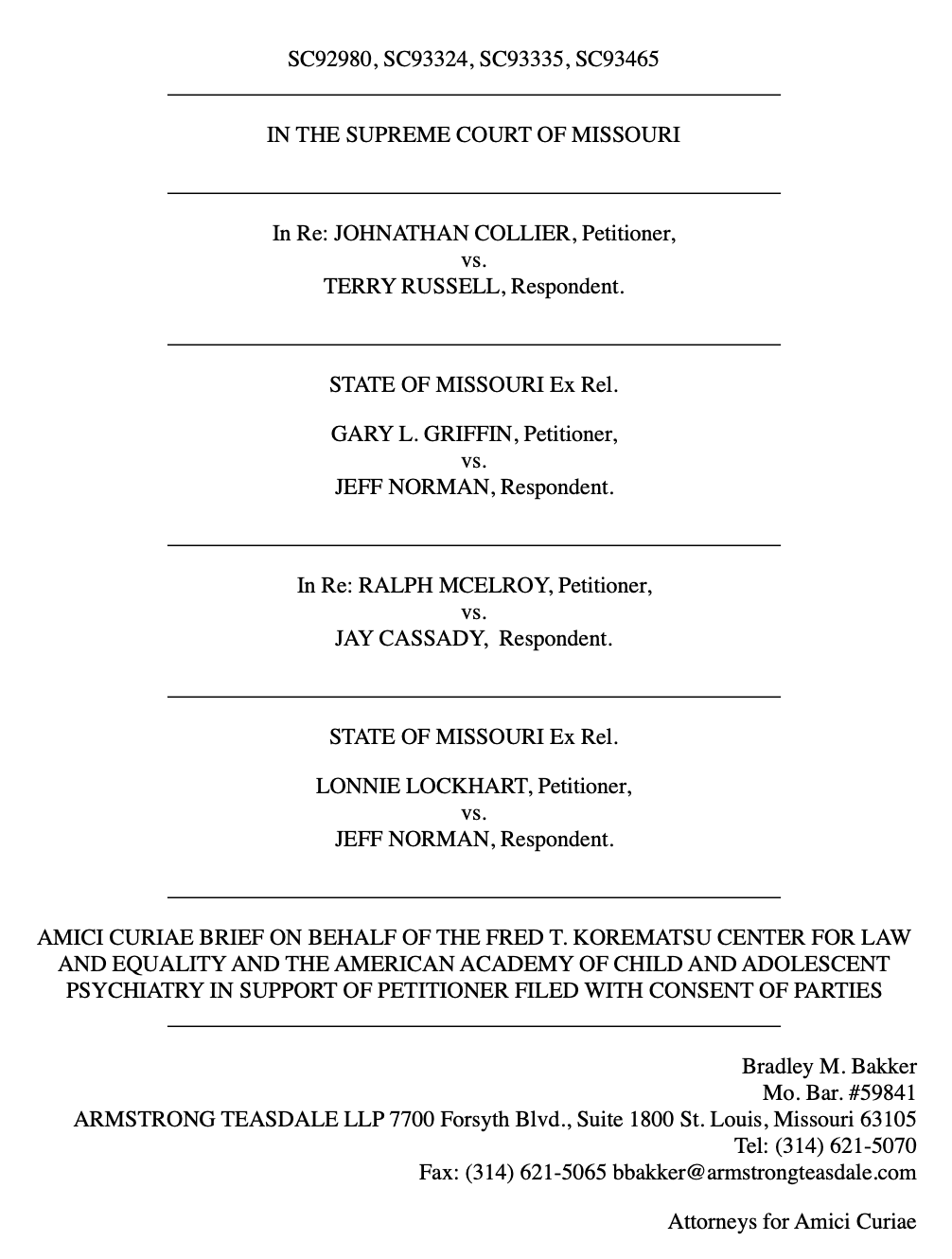
Summary of Argument
In Graham v. Florida, the United States Supreme Court held that sentencing juveniles to life without parole for non-homicide offenses constitutes cruel and unusual punishment. 560 U.S. 48 (2010). The Court reasoned that youth are less culpable than adults because of biological difference in brain development that render youth more immature, more likely to engage in risky behavior, and more vulnerable to external influences like peer pressure. Id. at 91-92. Additionally, because youth brains are still developing well into late adolescence, the Court determined that their personality traits are more transient and capable of change than adult personalities. Id. at 68-69. The undisputed scientific data confirms that youth cannot be expected to act as mature adults.
The Supreme Court clarified and extended the Graham decision in Miller v. Alabama, 132 S. Ct. 2455 (2012). There, the Court found that because youth offenders were less culpable due to the characteristics noted in Graham, imposing mandatory life sentences without the possibility of parole for juvenile homicide offenders constituted cruel and unusual punishment. Taken together, the Court’s decisions in Graham and Miller mandate that when sentencing youth offenders, a court must consider as mitigating factors the characteristics that make youth offenders different.
The Petitioner’s sentence must be vacated because, pursuant to the Graham and Miller framework, youth offenders are less culpable and are entitled to a meaningful opportunity for release. In addition to concluding that Miller may be applied retroactively, amici respectfully request that the Court provide guidance to the lower courts on how to apply Missouri sentencing statutes in a constitutional fashion so that youth offenders have the opportunity to seek parole and become productive members of society. Providing this constitutionally-mandated opportunity is especially important here, where the Petitioners’ early life was scarred by poverty, despair, and fear.